Broad Bean
Broad bean (Vicia faba) is a cool-season legume that is widely grown for its edible beans. The plant is an annual that belongs to the Fabaceae family and is native to North Africa and Southwest Asia. Broad beans have been cultivated for thousands of years and are commonly used in Mediterranean, Middle Eastern, and Asian cuisines.
The broad bean plant typically grows to about 2-5 feet tall and has a bushy growth habit. It produces large, coarse leaves that are divided into several leaflets, and the flowers are white, pink, or purple and are borne in clusters. The pods are long and narrow, and each pod contains 3-8 seeds, which are commonly referred to as broad beans or fava beans.
In natural health, broad bean (Vicia faba) is known as "hua dou" and is used for its various health benefits. Broad beans are believed to have a cooling and drying effect on the body, making them useful in treating conditions such as edema, high blood pressure, and inflammation.
Broad beans are also rich in nutrients such as protein, fiber, and minerals, and are considered a nourishing food that can tonify the spleen and stomach. They are often used in natural health as a food remedy to support overall health and vitality.
However, broad beans are not recommended for everyone in natural health. They are believed to have a damp and heavy nature, and excessive consumption can lead to the accumulation of dampness in the body. Therefore, they are not recommended for individuals with a tendency to accumulate dampness, such as those with digestive issues or respiratory problems.
Additionally, broad beans are considered a food that can generate heat in the body, and are not recommended for individuals who have heat-related conditions or who are experiencing symptoms such as fever, constipation, or dry mouth.
As with any herbal remedy or food, it is important to consult with a licensed TCM practitioner to determine if broad beans are appropriate for you based on your specific health needs and constitution.
Nutritional benefits of broad bean
Broad beans (Vicia faba) are a highly nutritious legume that provide a range of vitamins, minerals, and other beneficial compounds. Here are some of the key nutritional benefits of broad beans:
- High in protein: Broad beans are an excellent source of plant-based protein, providing about 7-9 grams of protein per half-cup serving. This makes them a great addition to a vegetarian or vegan diet, as well as for individuals looking to increase their protein intake.
- Rich in fiber: Broad beans are also a good source of dietary fiber, with about 4 grams of fiber per half-cup serving. Fiber helps to support digestive health, regulate blood sugar levels, and promote feelings of fullness and satiety.
- Low in fat: Broad beans are a low-fat food, with only about 1-2 grams of fat per half-cup serving. This makes them a good choice for individuals looking to reduce their overall fat intake.
- High in vitamins and minerals: Broad beans are a good source of several important vitamins and minerals, including folate, vitamin K, iron, and magnesium. Folate is essential for healthy fetal development and may help to reduce the risk of birth defects, while vitamin K is important for bone health and blood clotting. Iron is necessary for the formation of healthy red blood cells, and magnesium is important for muscle and nerve function.
- Contains beneficial plant compounds: Broad beans are rich in antioxidants, including flavonoids and phenolic compounds, which help to protect the body against oxidative stress and inflammation. They also contain other beneficial plant compounds, such as saponins and phytosterols, which have been shown to have cholesterol-lowering and anti-inflammatory effects.
Overall, broad beans are a highly nutritious food that can be a valuable addition to a healthy diet. They are versatile and can be used in a variety of dishes, including soups, stews, salads, and dips.
Pharmacology of broad bean
Broad beans (Vicia faba) have a variety of pharmacological properties and have been used in traditional medicine for centuries. Here are some of the pharmacological effects of broad beans:
- Antioxidant: Broad beans contain high levels of antioxidants, including flavonoids and phenolic compounds, which help to protect the body against oxidative stress and inflammation.
- Hypolipidemic: Broad beans have been shown to have a cholesterol-lowering effect due to their high content of dietary fiber and phytosterols. This makes them a beneficial food for individuals with high cholesterol levels or those at risk of heart disease.
- Hypoglycemic: Broad beans are a good source of complex carbohydrates and dietary fiber, which can help to regulate blood sugar levels and improve insulin sensitivity. This makes them a beneficial food for individuals with diabetes or those at risk of developing diabetes.
- Anti-inflammatory: Broad beans contain compounds that have anti-inflammatory effects, which can help to reduce inflammation and pain in the body. This makes them a beneficial food for individuals with conditions such as arthritis or inflammatory bowel disease.
- Neuroprotective: Broad beans contain compounds that have been shown to have neuroprotective effects, which can help to protect the brain from damage and improve cognitive function. This makes them a beneficial food for individuals with neurological conditions or those looking to improve brain health.
- Antimicrobial: Broad beans have been shown to have antimicrobial properties and may be effective against a variety of bacteria and fungi. This makes them a potential natural remedy for infections.
While broad beans are generally considered safe and beneficial for most people, it is important to note that they contain certain substances, such as vicine and convicine, which can be toxic in large amounts. Therefore, it is recommended to cook broad beans thoroughly before consuming and to avoid eating large quantities at one time.
Who should eat broad bean
In natural health, broad beans (Vicia faba) are considered a nourishing food that can tonify the spleen and stomach and support overall health and vitality. They are particularly beneficial for individuals who are deficient in qi (vital energy) or blood, as they are believed to have a tonifying effect on these substances.
Broad beans are also believed to have a cooling and drying effect on the body, making them useful for individuals who have conditions related to excess heat or dampness in the body. They can be particularly beneficial for individuals with edema, high blood pressure, or inflammation.
In natural health, broad beans are often recommended as a dietary remedy for individuals who have a weak constitution, such as those recovering from illness or surgery. They are also recommended for women during pregnancy or lactation, as they are a good source of folate and other nutrients important for fetal development and milk production.
Who should avoid broad bean
In natural health, broad beans (Vicia faba) are considered a nourishing food that can benefit a wide range of individuals. However, there are some groups of people who may need to avoid or limit their consumption of broad beans based on their individual health needs and constitution.
- Individuals with dampness or phlegm: Broad beans are considered a cooling and drying food in natural health, and may exacerbate conditions related to excess dampness or phlegm in the body. This may include conditions such as chronic bronchitis, asthma, or chronic sinusitis.
- Individuals with spleen or stomach deficiency: While broad beans are generally considered a nourishing food for the spleen and stomach in natural health, they may not be suitable for individuals with underlying spleen or stomach deficiencies. This may include individuals with poor digestion, chronic diarrhea, or poor appetite.
- Individuals with cold or weak constitution: Due to their cooling and drying nature, broad beans may not be suitable for individuals with a cold or weak constitution in natural health. This may include individuals who are prone to feeling cold, have poor circulation, or are easily fatigued.
- Pregnant women: While broad beans are generally considered safe for pregnant women, they may be contraindicated in some cases. In natural health, broad beans are considered a cooling food, and may not be appropriate for pregnant women who are already experiencing symptoms of cold or deficiency. Additionally, some natural health practitioners may recommend avoiding broad beans during the first trimester of pregnancy due to their potential to promote blood flow and cause contractions.
In Person With Heshoutang Members
With Heshoutang Online Members
Fill Out the Questionnaire by yourself
When you subscribe to the blog, we will send you an e-mail when there are new updates on the site so you wouldn't miss them.

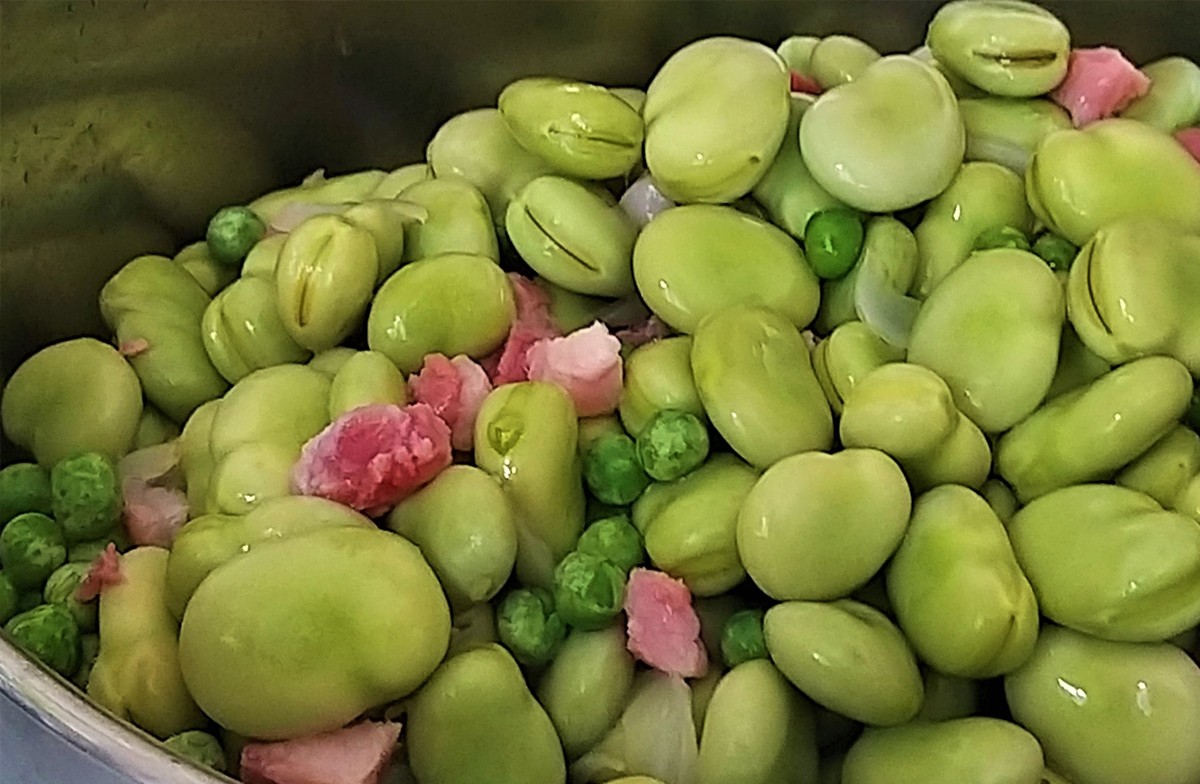
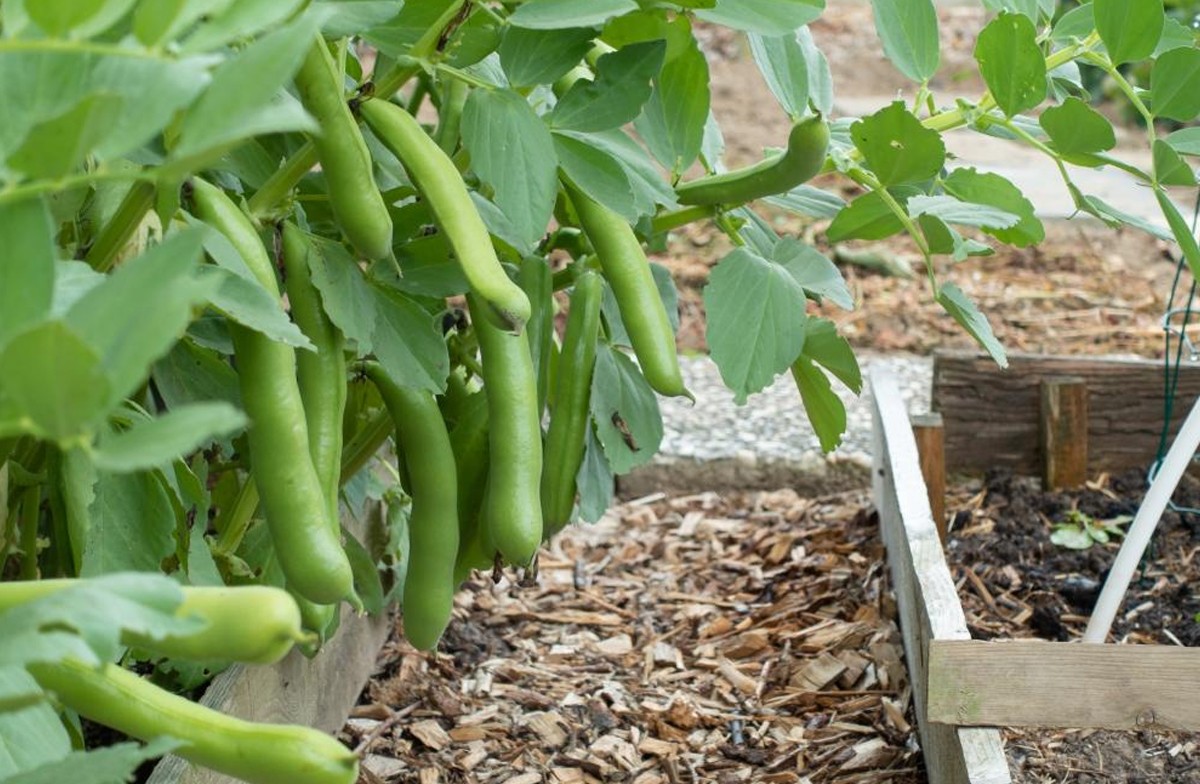
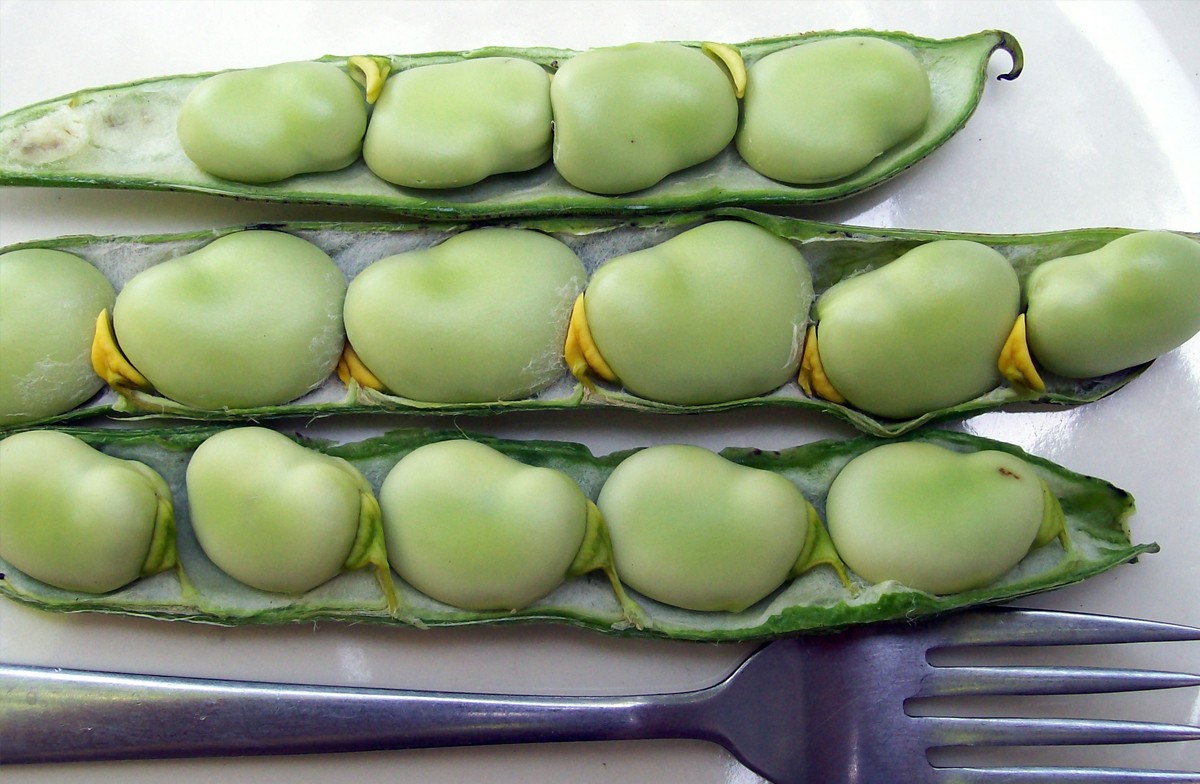
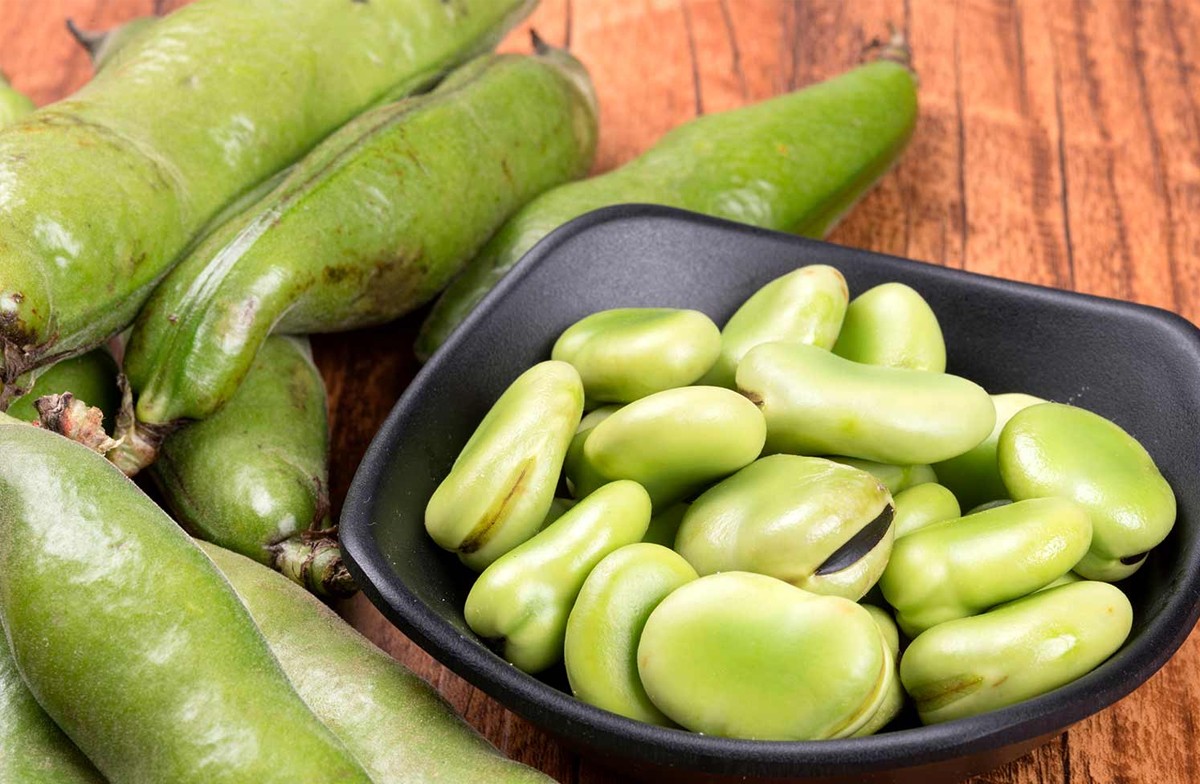
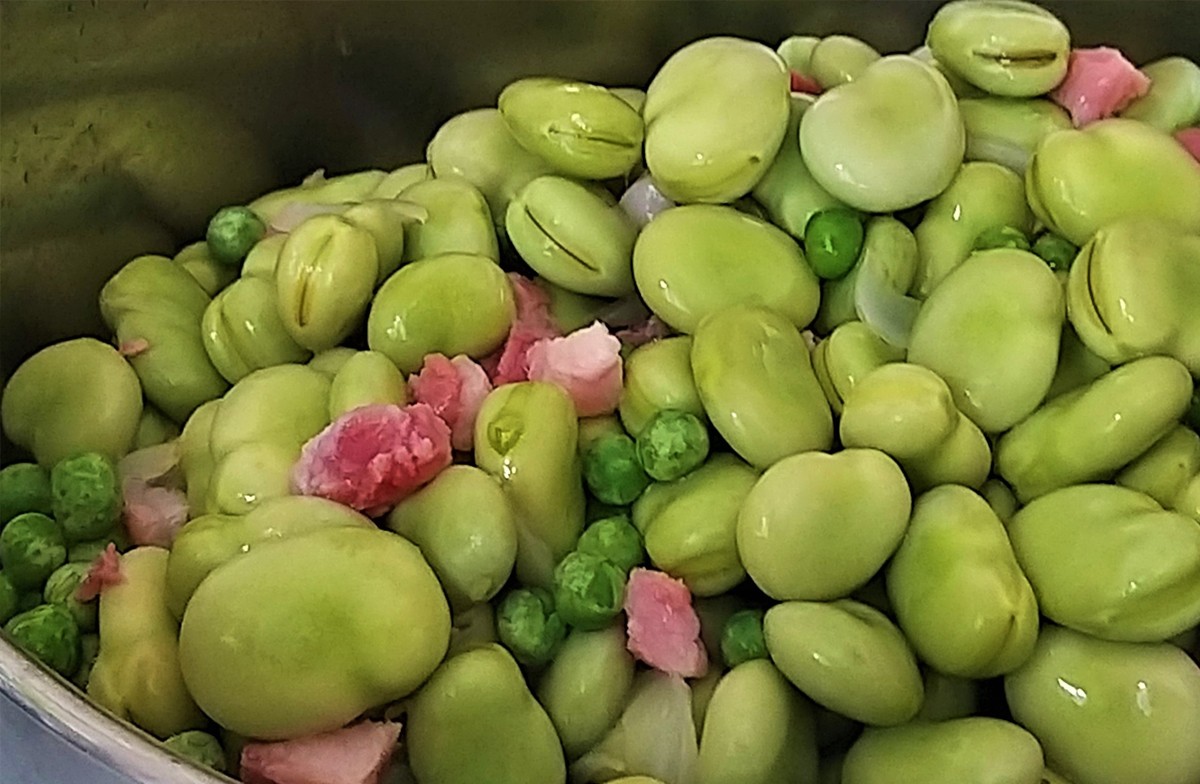
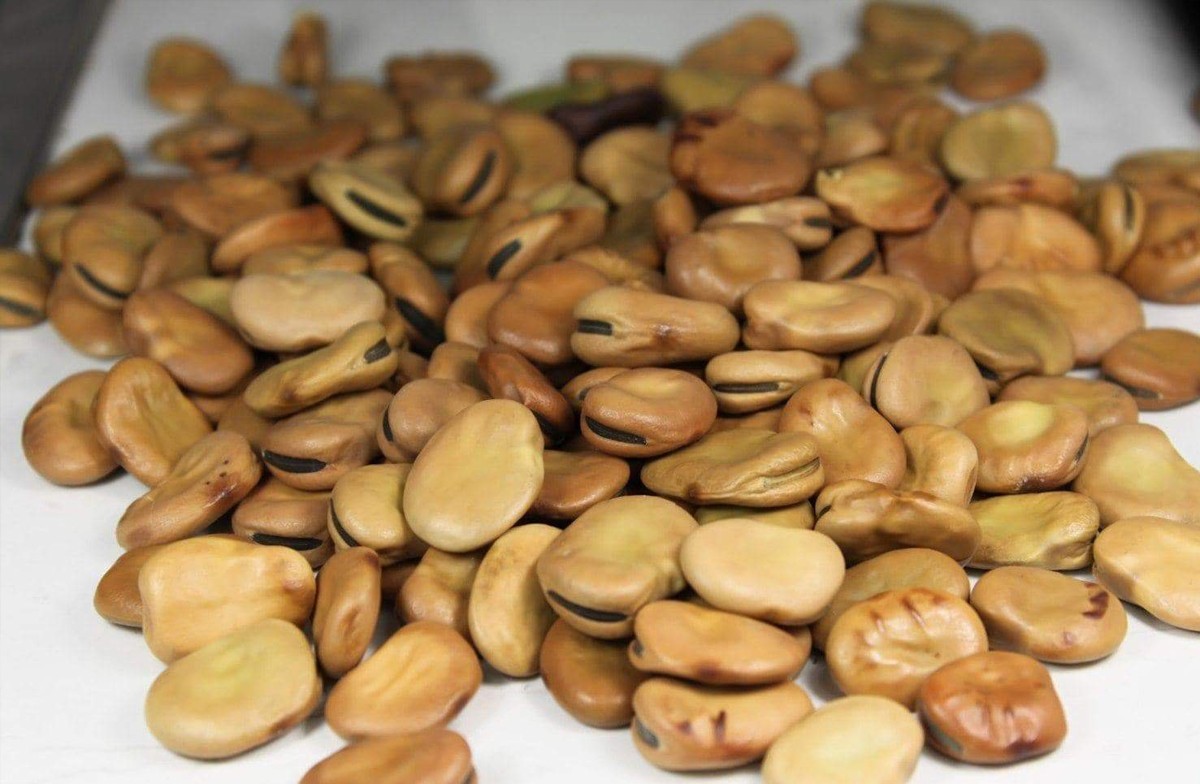












Comments